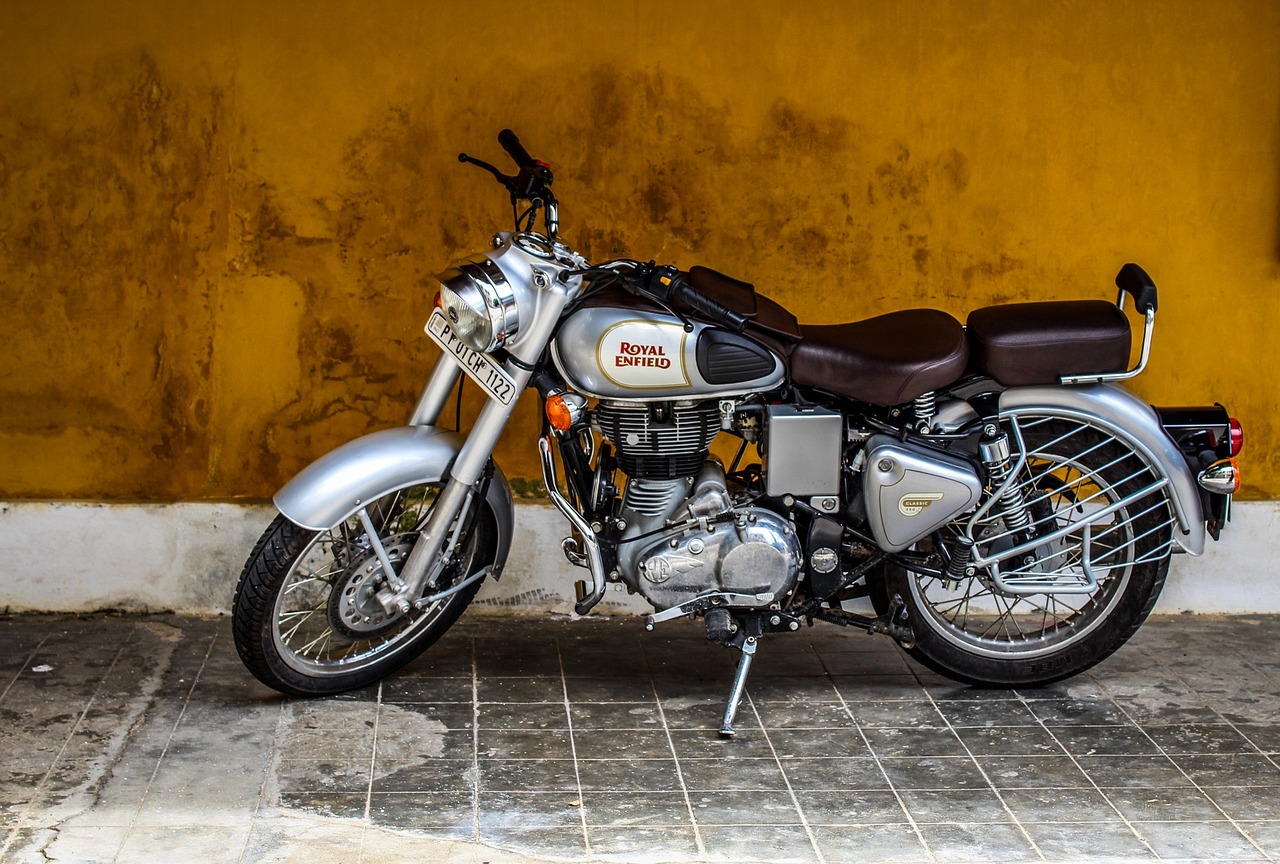In recent years, the Indian government has been making efforts to reduce carbon emissions and pollution levels in the country. One of the measures being taken to achieve this is the push to replace traditional petrol and diesel vehicles with electric two-wheelers. Delhi, the capital city of India, has been at the forefront of this initiative, with the recent proposal to ban ride-hailing services such as Ola, Uber, and Rapido bike taxis and allow only electric two-wheelers to operate in the city.
This move has sparked a lot of debate and discussion in the country, with both proponents and opponents voicing their opinions on the matter. In this article, we will explore the rationale behind Delhi’s decision and the potential impact it could have on the transportation sector in the city.
Table of Contents
ToggleThe Need for Clean Transportation
The transportation sector is a major contributor to air pollution in India, with vehicles running on petrol and diesel being the primary culprits. The National Green Tribunal (NGT), a government body responsible for enforcing environmental laws in the country, has been pushing for the adoption of electric vehicles to reduce carbon emissions and improve air quality.
Electric two-wheelers, in particular, are seen as a viable alternative to traditional petrol and diesel vehicles, given their lower carbon footprint and lower operating costs. They are also more efficient and require less maintenance than traditional vehicles.
The Proposal to Ban Ride-Hailing Services
In line with the government’s push towards clean transportation, the Delhi government has proposed a ban on ride-hailing services such as Ola, Uber, and Rapido bike taxi, which operate traditional petrol and diesel vehicles. Instead, the government plans to allow only electric two-wheelers to operate in the city.
The rationale behind this decision is to incentivize the adoption of electric two-wheelers by ride-hailing companies, and to promote the use of cleaner modes of transportation in the city. The ban is expected to be implemented in a phased manner, with the government providing incentives and subsidies to ride-hailing companies to transition to electric two-wheelers.
Impact on Ride-Hailing Companies
The proposed ban has been met with mixed reactions from ride-hailing companies and their drivers. While some have welcomed the move as a step towards a cleaner and greener future, others have expressed concerns about the feasibility of operating only electric two-wheelers in a city as large and diverse as Delhi.
One of the major challenges facing ride-hailing companies is the lack of charging infrastructure for electric vehicles in the city. While the government has plans to set up charging stations across the city, it remains to be seen how quickly this infrastructure can be put in place.
In addition, the cost of purchasing and maintaining electric two-wheelers is currently higher than traditional vehicles, which could pose a financial burden for ride-hailing companies and their drivers. However, the government has promised to provide incentives and subsidies to help offset these costs and make the transition to electric vehicles more affordable.
Potential Benefits of the Ban
Despite the challenges facing ride-hailing companies, the proposed ban on traditional petrol and diesel vehicles could have several potential benefits for the city of Delhi. By promoting the use of electric two-wheelers, the city could see a significant reduction in air pollution levels and carbon emissions.
In addition, electric two-wheelers are quieter and less disruptive than traditional vehicles, which could lead to a reduction in noise pollution in the city. They are also more energy-efficient and could help reduce the city’s reliance on fossil fuels.
Furthermore, the ban could create new opportunities for the development of charging infrastructure and the manufacturing of electric two-wheelers in the city. This could help boost the local economy and create new jobs in the transportation sector.
Conclusion
In conclusion, Delhi’s push to ban Ola, Uber, and Rapido bike taxi services and allow only electric two-wheelers is a bold move towards a more sustainable and eco-friendly transportation system. This decision has the potential to significantly reduce air pollution, noise pollution, and traffic congestion in the city, while also promoting the use of electric vehicles and supporting the growth of the electric vehicle industry in India. However, it may also impact the livelihoods of thousands of drivers who rely on these ride-hailing services for their income. The government should take steps to ensure that these drivers are not left stranded and are provided with adequate support during this transition period.







